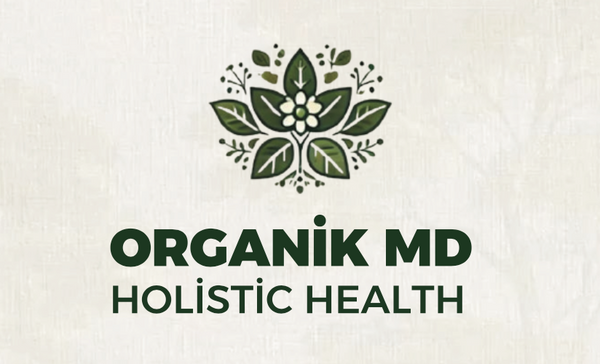When it comes to natural remedies for vein health, Horse Chestnut Seed Extract (HCSE) has earned a well-deserved reputation. For centuries, this herbal medicine has been used in traditional European healing practices, and today, modern research confirms its effectiveness in supporting circulation, reducing swelling, and strengthening veins.
What Is Horse Chestnut Seed Extract?
Horse Chestnut (Aesculus hippocastanum) is a tree native to the Balkans, now grown throughout Europe and North America. While its large, shiny seeds resemble chestnuts, they should never be eaten raw—they contain toxic compounds. Instead, safe, standardized extracts are carefully prepared from the seeds for medicinal use.
The primary active compound in horse chestnut is escin (or aescin), which is responsible for its powerful benefits on vascular health.

Key Benefits of Horse Chestnut Seed Extract
1. Supports Healthy Veins
Horse Chestnut helps strengthen the walls of veins and capillaries. This makes it especially helpful for those dealing with varicose veins, spider veins, or chronic venous insufficiency (CVI).
2. Reduces Swelling and Fluid Retention
Escin prevents fluid from leaking into surrounding tissues, which helps reduce leg swelling (edema), heaviness, and discomfort.
3. Relieves Symptoms of Chronic Venous Insufficiency (CVI)
People with CVI often experience tired, aching legs, especially after standing or sitting for long periods. Clinical studies—including a Cochrane Review—show that Horse Chestnut can significantly reduce pain, heaviness, itching, and swelling.
4. Supports Hemorrhoid Relief
Since hemorrhoids are swollen veins, horse chestnut may help shrink and soothe them naturally.
5. Anti-Inflammatory & Antioxidant Protection
Escin helps protect blood vessels from inflammation and oxidative damage, which can weaken vein walls over time.
What the Research Says
- A review of multiple studies found that Horse Chestnut Seed Extract was just as effective as compression stockings in relieving symptoms of venous insufficiency.
- Standardized extracts containing 16–20% escin are the most effective and safest form.
- Clinical trials show improvements in leg pain, swelling, and heaviness within just a few weeks of use.

How to Use Horse Chestnut Seed Extract
- Oral Supplements: Typically taken in capsule or tablet form. The common dosage is 300 mg twice daily, standardized to contain 16–20% escin.
- Topical Gels/Creams: Can be applied to legs for swelling and discomfort, although oral forms are generally more effective.
⚠️ Important Note: Do not consume raw horse chestnut seeds, bark, or leaves—they are toxic. Always use standardized extracts from reputable brands.
⚠️ Safety & Precautions
Horse Chestnut is considered safe for most people when used properly, but a few precautions apply:
- Avoid during pregnancy or breastfeeding unless supervised by a healthcare professional.
- Use with caution if you are taking blood thinners or have kidney/liver conditions.
- Possible mild side effects include stomach upset, dizziness, or itching.
Always consult your healthcare provider before starting a new supplement, especially if you have a medical condition.
Final Thoughts
Horse Chestnut Seed Extract is one of the most research-backed natural remedies for vein health. Whether you’re dealing with varicose veins, swollen legs, hemorrhoids, or chronic venous insufficiency, this powerful herb can help improve circulation, reduce discomfort, and support stronger, healthier veins.
By combining horse chestnut with a healthy lifestyle—like regular movement, leg elevation, and a diet rich in antioxidants—you can give your veins the long-term support they need.

